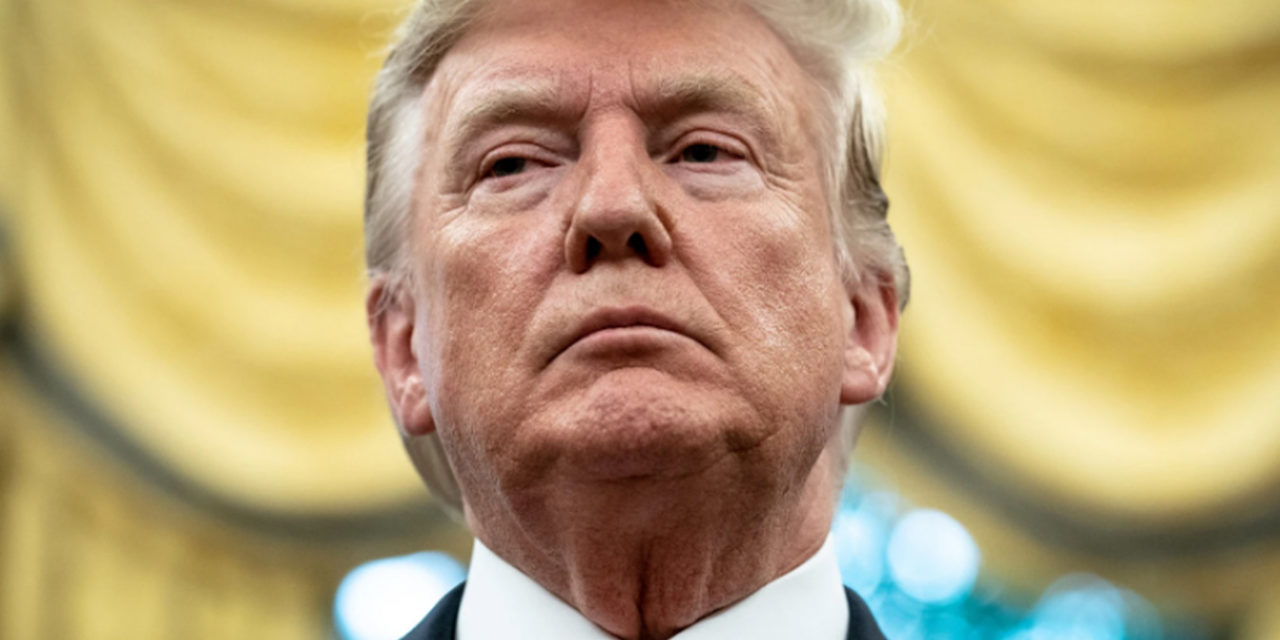On July 25th, US president Donald Trump had a phone call with newly elected Ukrainian president Volodymyr Zelensky, which has now escalated to Mr Trump’s potential impeachment.
The Democrats accuse him of leveraging military aid to gain electoral “kompromat” on the 2020 presidential contender Joe Biden – former US vicepresident under the Obama administration.
A since declassified conversation transcript shows that, amongst allusions of mutual support, including military aid and some criticism towards EU’s alleged neglect of the war in Crimea, the US President asked Zelensky to look into the son of his 2020 elections rival, Joe Biden.
What’s Biden got to do with Ukraine?
In his 30-minute conversation with his Ukrainian counterpart, Mr Trump repeatedly suggests that his lawyer Rudolph Giuliani and the US Attorney General William Barr would get in touch with Mr Zelensky soon to discuss investigating Biden’s son, Hunter, and his business affairs in Ukraine.
Hunter Biden was a board member of a natural gas company in Ukraine, called Burisma. During Petro Poroshenko, the former Ukrainian president’s, tenure, a prosecutor called Viktor Shokin started an investigation into Burisma, which Mr Trump suggests was stopped by Joe Biden who allegedly lobbied for that in Ukraine.
Notably, Mr Poroshenko lost this year’s presidential election to comedian Zelensky due to corruption allegations and himself being labelled as the “chocolate” oligarch. Ukraine is said to have at least six major oligarchs in constant political battle, so it is difficult to trace at whose behest prosecutor Shokin was acting when investigating Hunter Biden’s Burisma, if at all.
Will Trump be impeached?
A whistleblower flagged Mr Trump’s actions to the US Congress in a 7-page complaint – which has also been made public this week. It reads that Mr Trump is “using the power of his office to solicit interference from a foreign country in the US 2020 election”, which is considered an impeachable offense.
To impeach Mr Trump, Congress first needs a simple majority that establishes that the president indeed committed ‘high crimes’ and ‘misdemeanor’. The Democrats do have a majority in Congress, but not in the Senate, which is the next step.
67% of the Senate must then be convinced that there are grounds to impeach the president.
Impeaching a US president has been, in and of itself, an extremely rare occasion, which only happened twice in US history: to Andrew Johnson in 1868, and Bill Clinton in 1998.
Photo from the New York Times
- World’s First Hydrogen Superyacht Debuts in Monaco - 7th October 2019
- New Beijing ‘Starfish’ Airport Will Use AI Instead of Passports - 2nd October 2019
- US-Ukraine Scandal So Far - 27th September 2019






